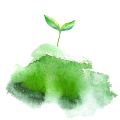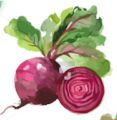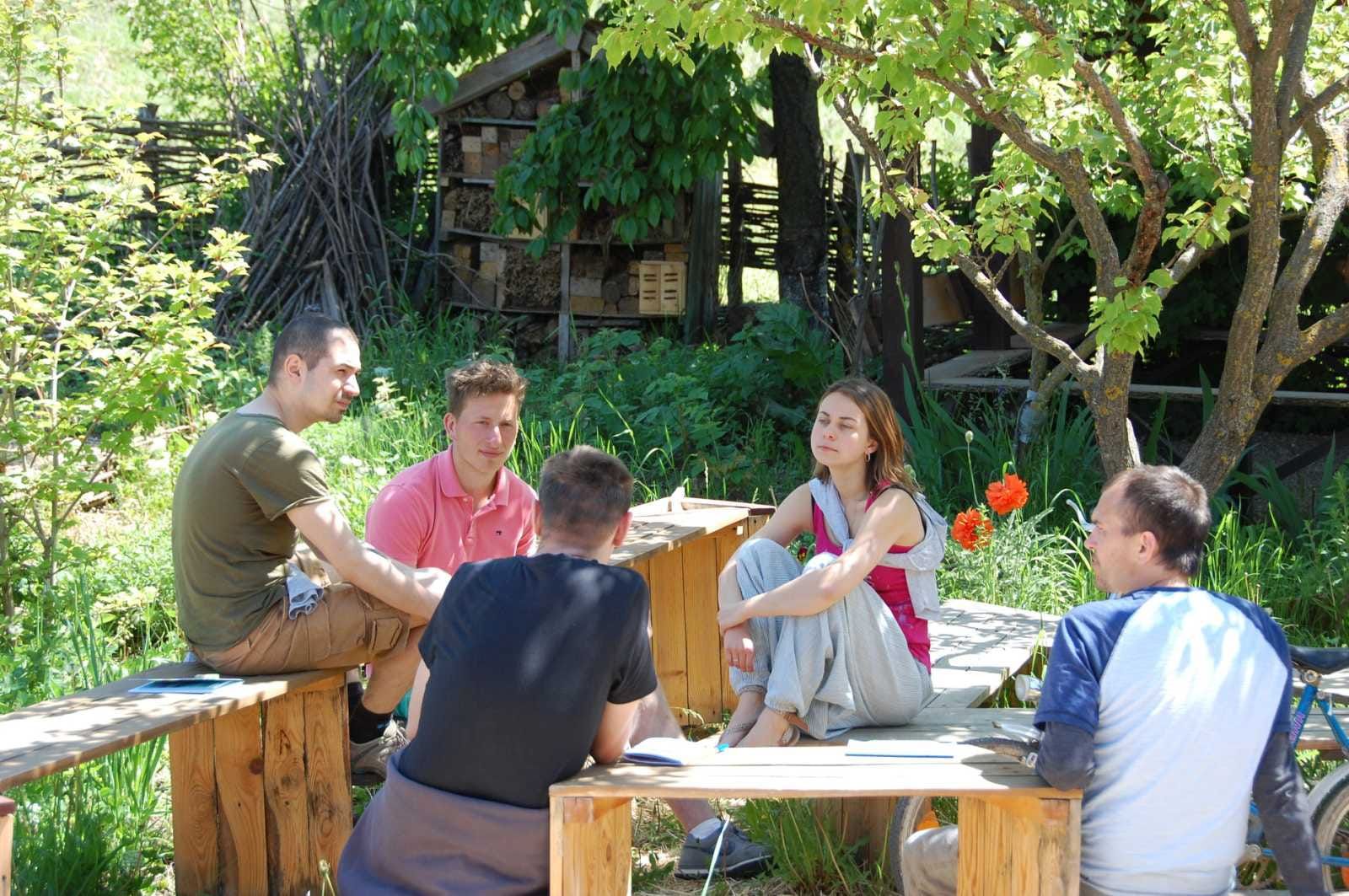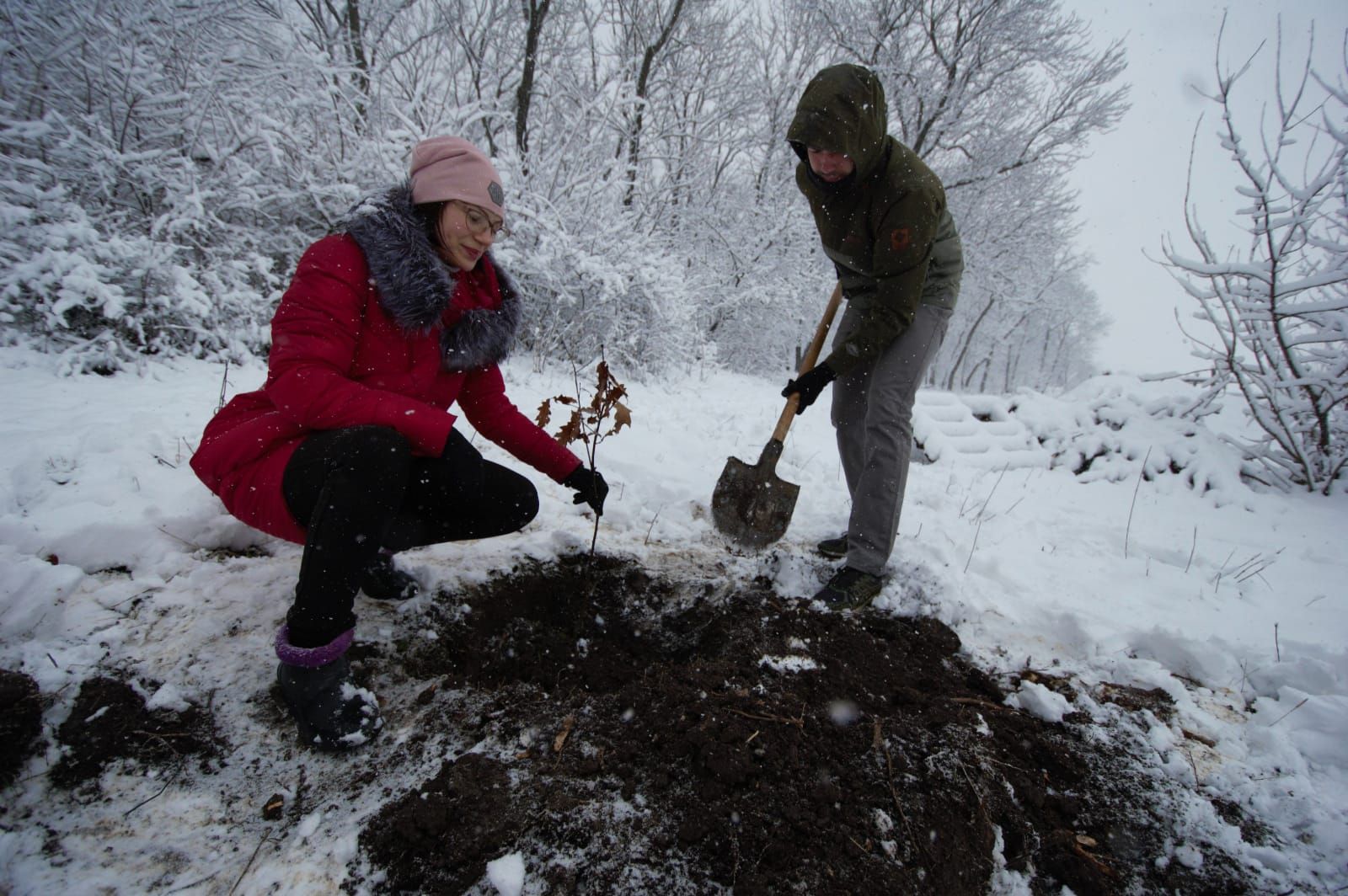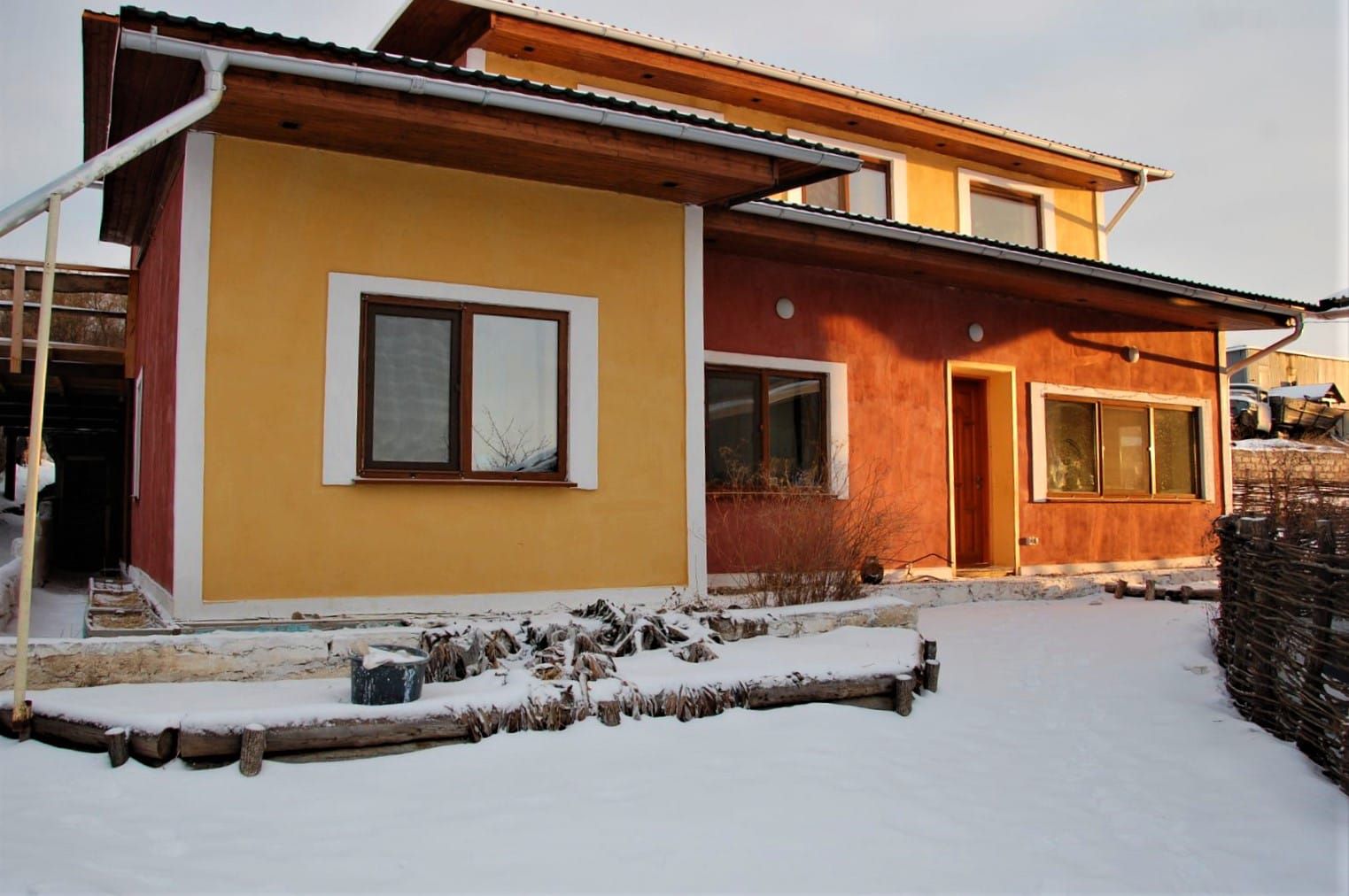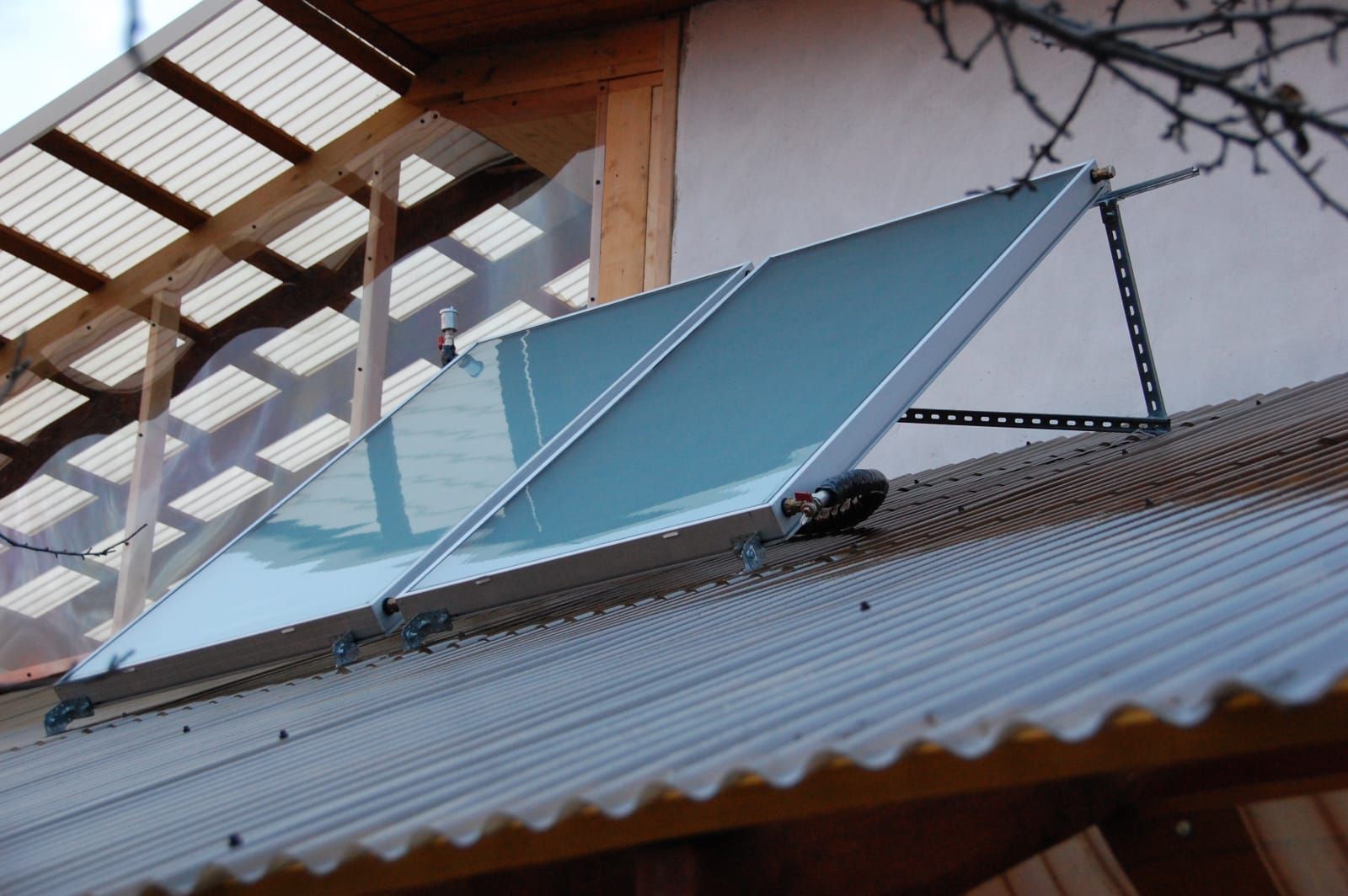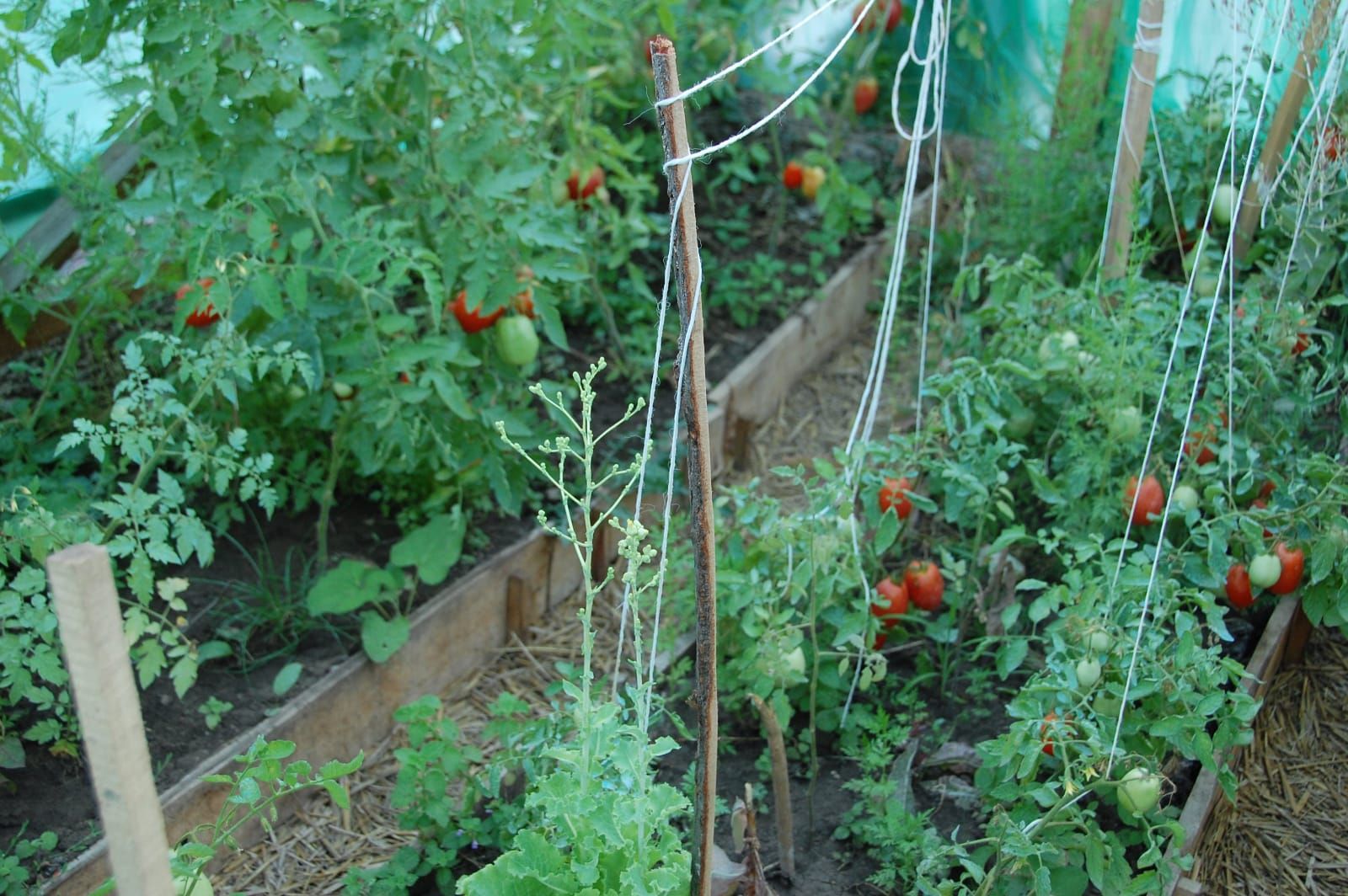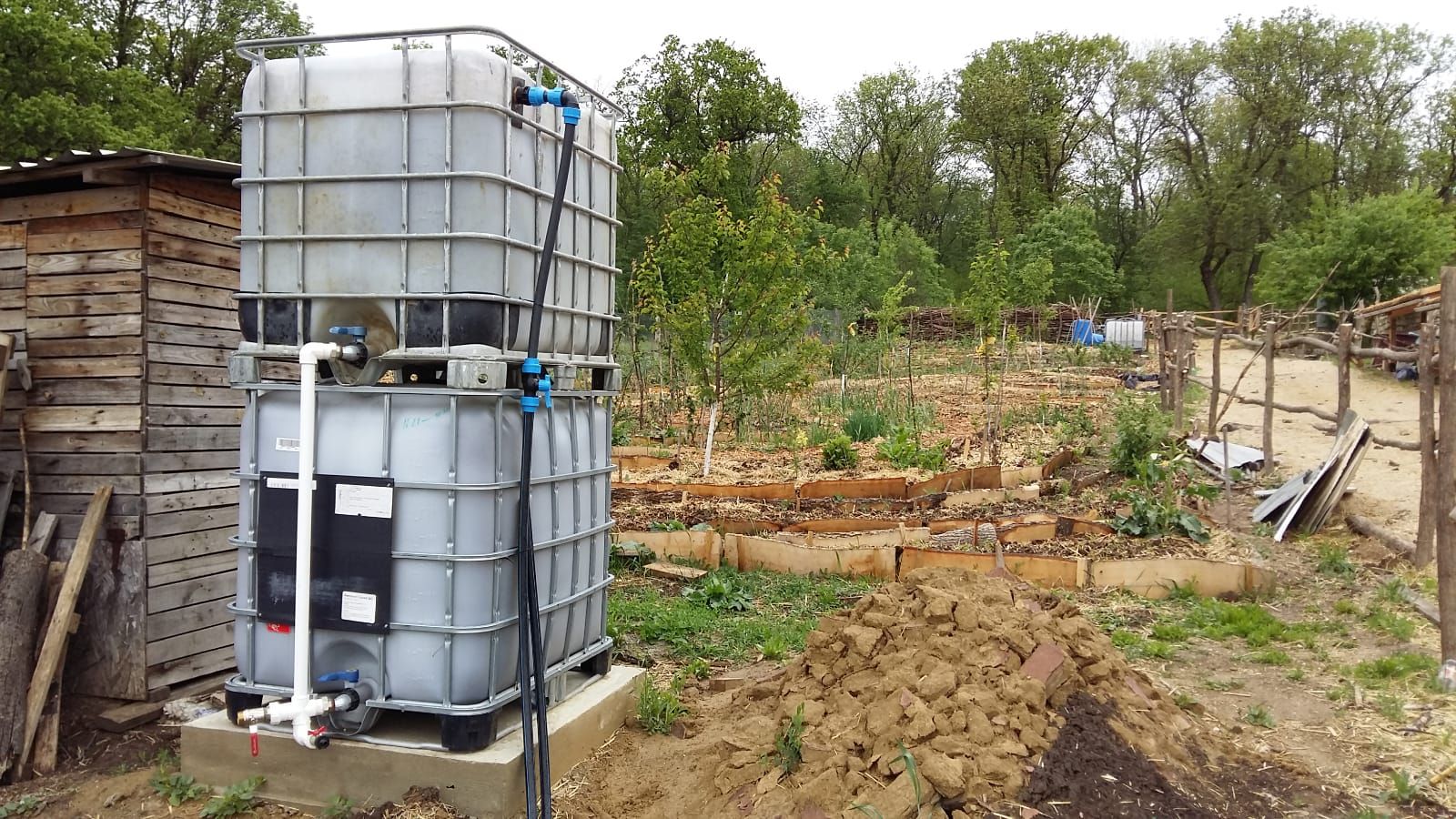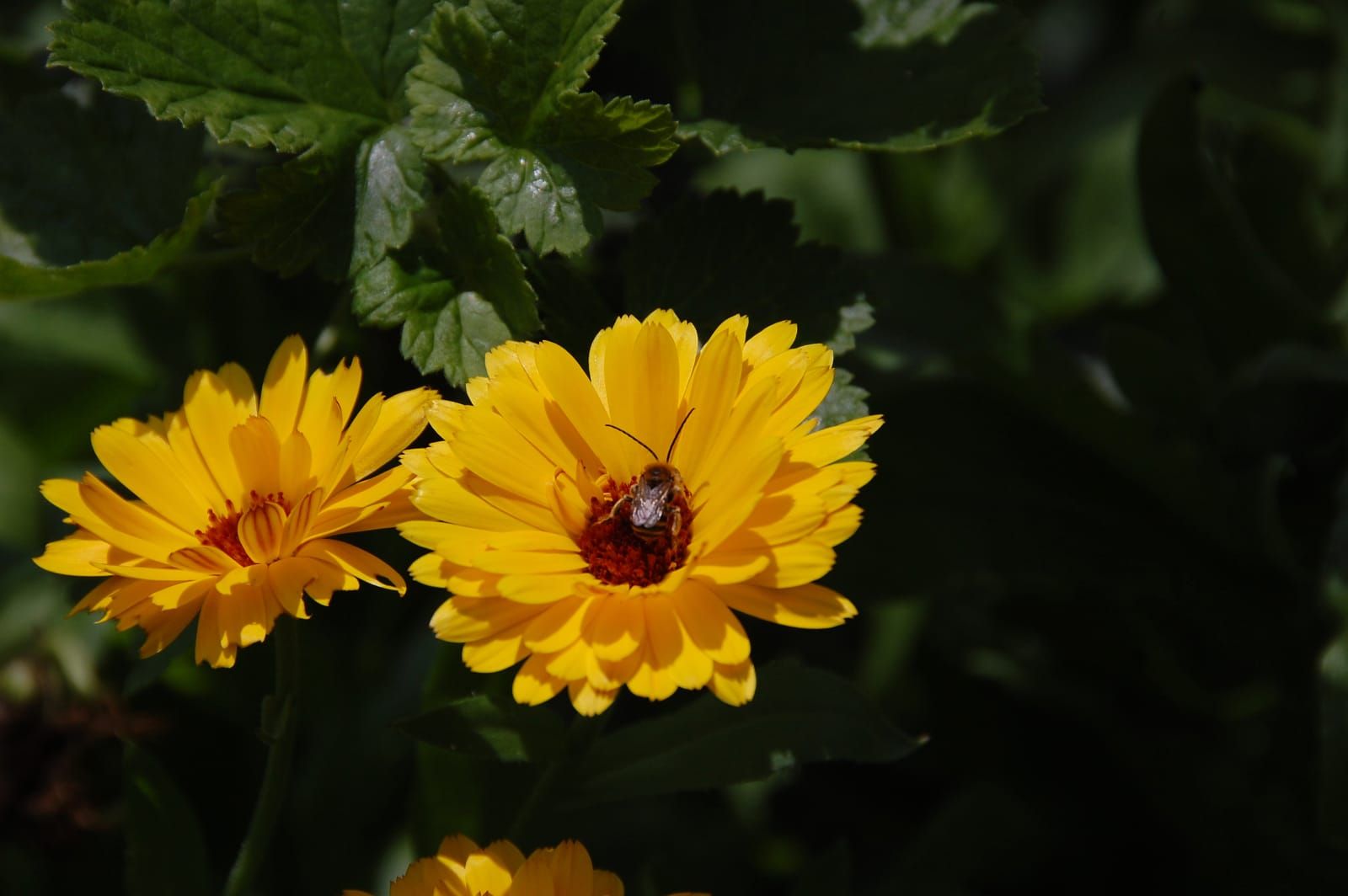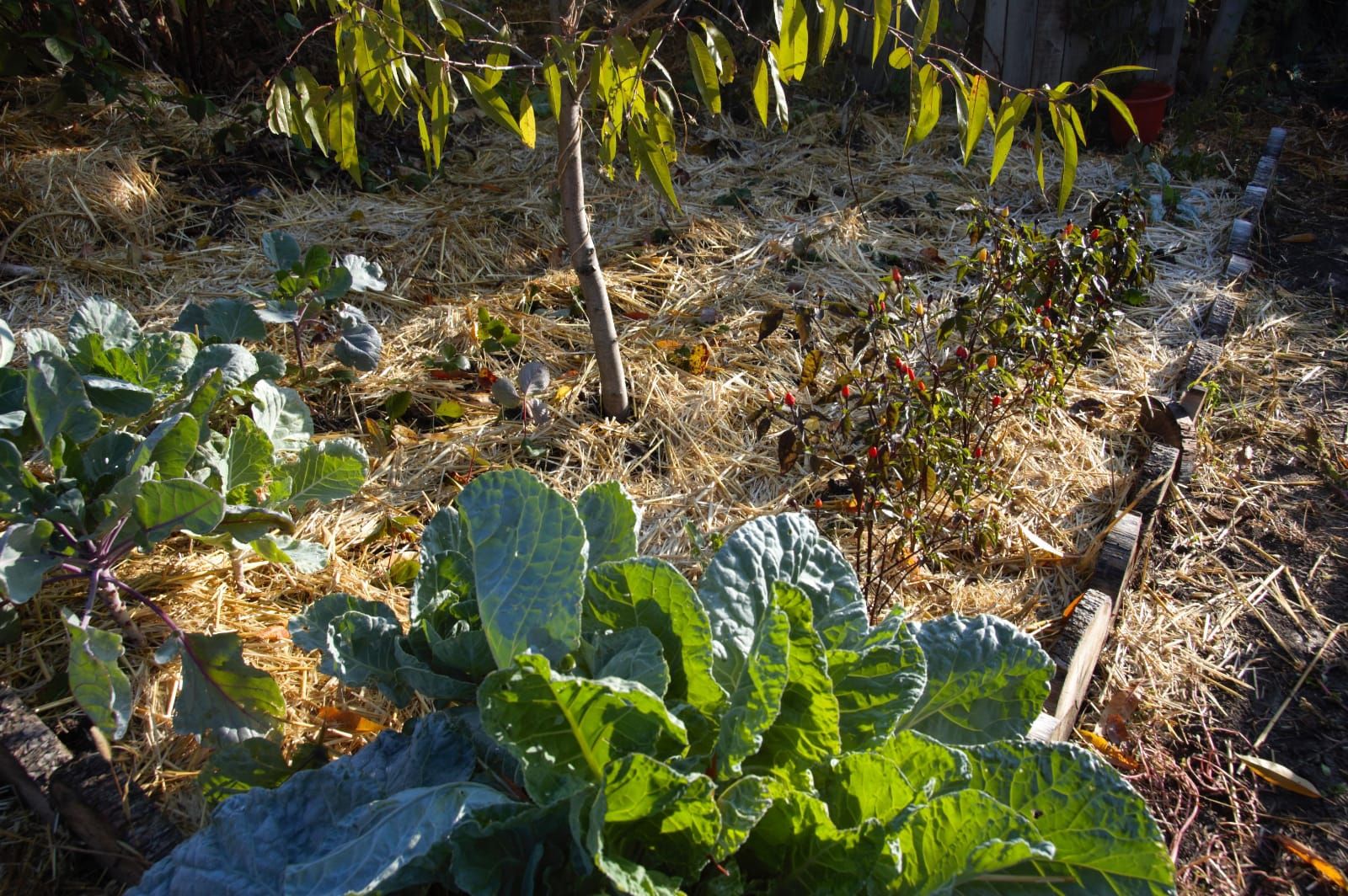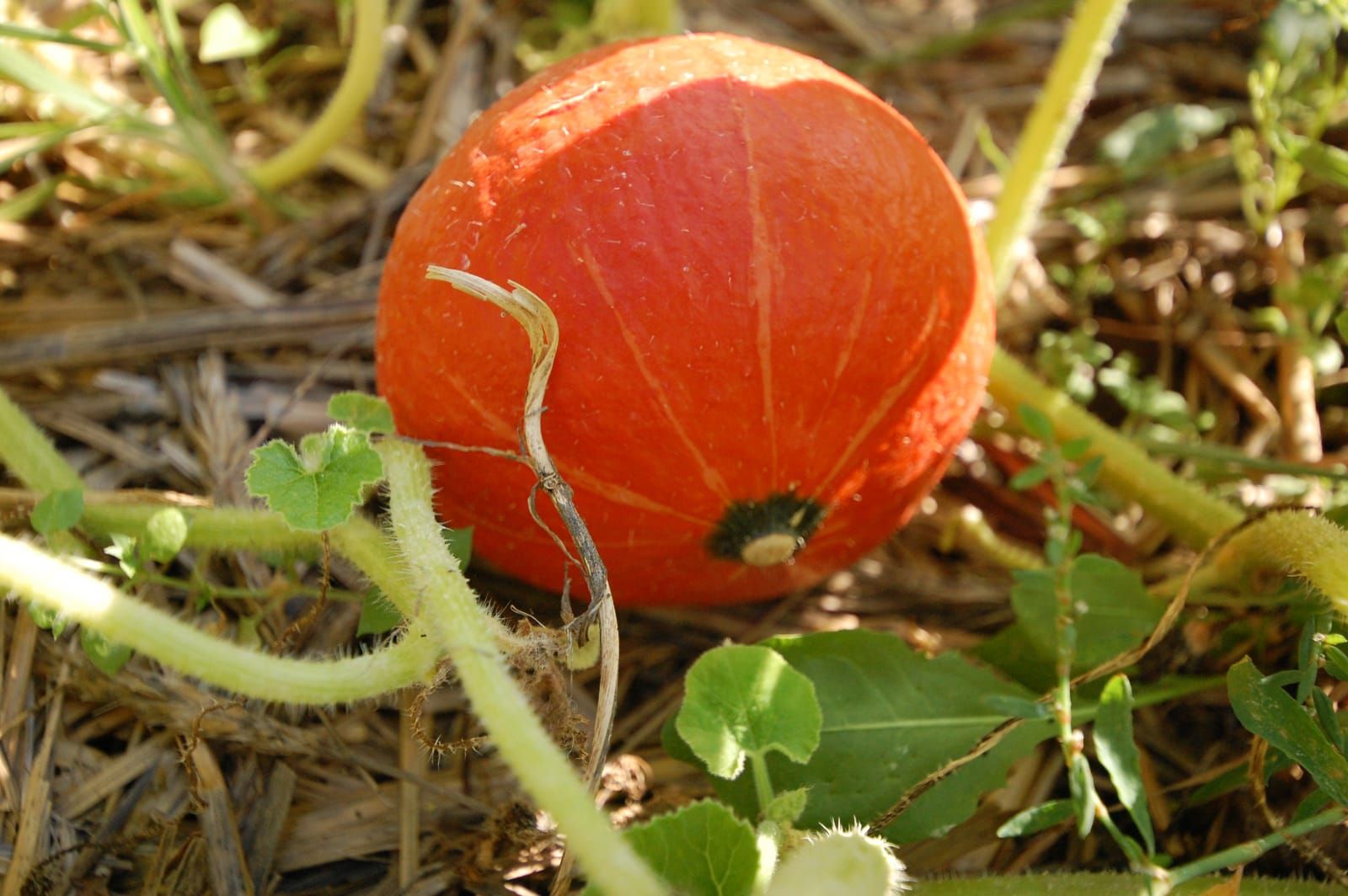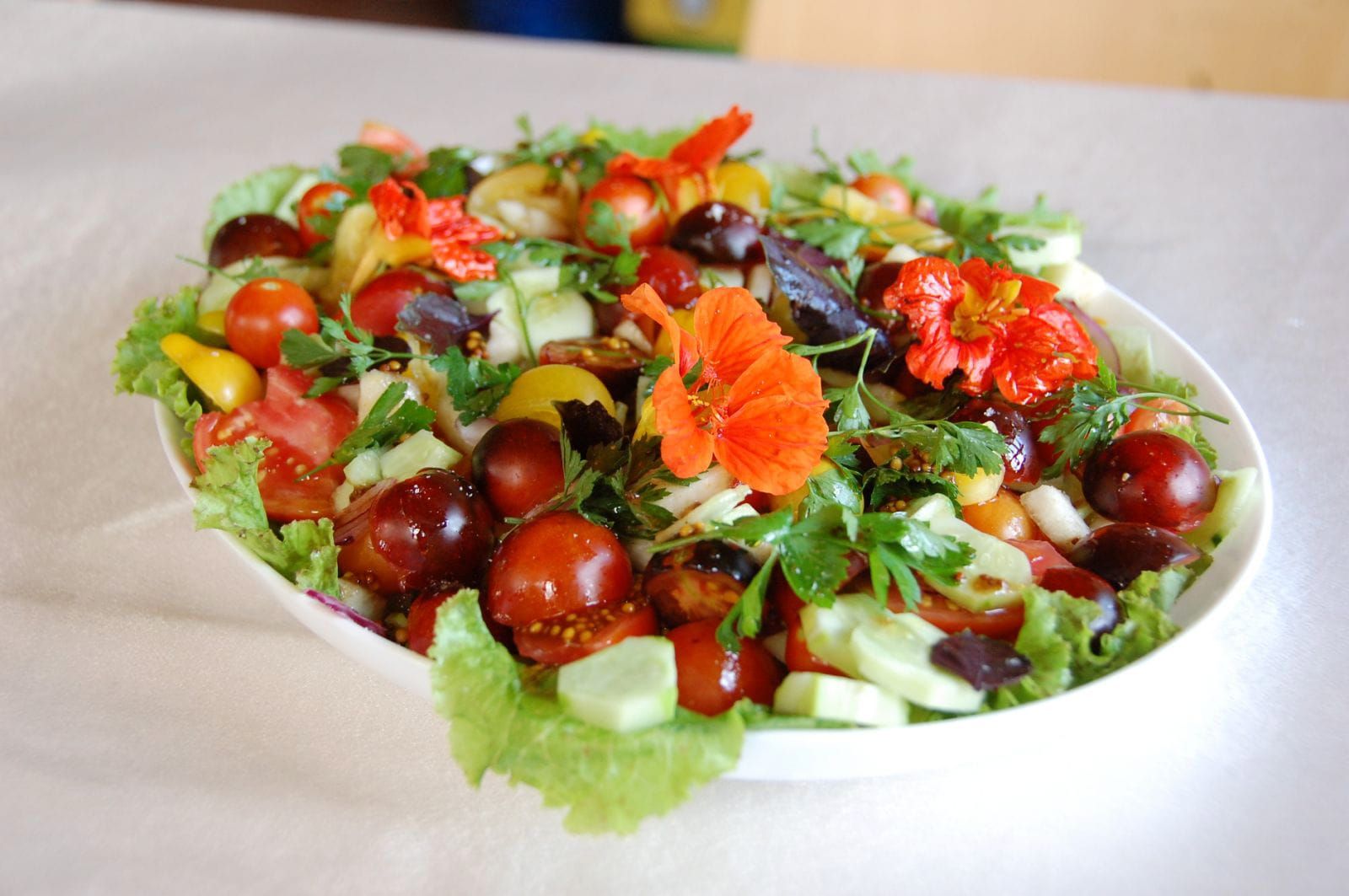We explore and share different practices to help build more resilient communities. We test new approaches, make mistakes and adapt to see what works in the context of our region. We strive to provide an opportunity for others to learn about themselves and the environment, but also to give them the needed tools for helping them change their lifestyles by becoming more environmentally conscious.
Our focus areas
Community Building & Integration
How do we approach it?
- Shared meals, resources (tools, seeds, transportation)
- Periodic meetings and participatory decision making
- Active listening and addressing conflicts constructively
- Common actions: having fun together, reflection & sharing, forest clean up, helping each other with garden work, etc.
Why is it important?
Natural construction materials (straw, clay, reed, lime) have a small ecological footprint, being local, accessible, reusable and cost-effective options for Moldovan communities.
Passive solar designs of buildings and the use of natural materials in the construction or repair of the house increases energy efficiency, the comfort and health of the tenants. For example, a clay plaster captures and retains the heat of the sun, regulates the humidity in the room and cleans the air of toxins.
About 74% of energy sources in Moldova are imported, contributing to our dependence on external resources. More than half of energy resources in our country are consumed by residential sector. By increasing efficiency, we reduce energy costs and the negative impact on the environment, while developing resilience.
How do we approach it?
-
Use of passive solar principles - use of solar energy for natural lighting and heat capture
-
Use of natural materials in construction, plastering, painting
-
Monitoring monthly energy consumption & reducing whenever possible Use of biofuel (pellets, briquettes) and solar panels
-
Practical eco-construction workshops (3-7 days)
-
Consultancy on the construction of the green roof
-
Use of solar dehydrator for drying fruits and vegetables
Why is it important?
- How much do we care that 44% of Moldovans don’t have access to safe drinking water?
- Why do we invest in bottled water, when it takes 3 l of drinking water to produce a 1-liter plastic water bottle?
- How do we justify using around 20 liters of drinking water to flush 250 g of pee?
- How can we use rainwater rather than precious groundwater for irrigation?
How do we approach it?
At EcoVillage Moldova we experiment with conserving water through use of bio-toilets, efficient shower heads and taps, sustainable drainage systems. To reduce water pollution we use biodegradable cleaning supplies and natural „filters” for waste water: rocks, sand, enzymes, reed, willows. To conserve driking water, we collect rainwater and use it for drip irrigation, construction and technical needs.
Why is it important?
Moldova is primarily an agricultural country that used to have fertile cernoziom soils. But due to unsustainable practices we find ourselves today with over 35% of agriculture lands erodded and over 65% of water sources polluted.
By shifting to more eco-friendly agriculture practices we can protect and rehabilitate our soils, preserve biodiversity and ensure long-term food safety.
How do we approach it?
- Protecting and improving the soil by use of compost, mulching, terracing to retain rainwater, rotating crops.
- Using permaculture principles in garden design.
- Promoting biodiversity by creating conditions for birds, beneficial insects, worms, lizards, hedgehogs, etc.
- Using natural protection methods like companion planting, compost tea, attracting predators to prevent diseases and protect crops from pests.
Why is it important?
We are what we eat! When we buy food, how often do we ask:
- Where did my food come from?
- Whom do I support buying it?
- How far did it travel? How much was it processed?
- How much packaging is too much?
How do we approach it?
By choosing a balanced diet of local, seasonal, natural foods we keep healthier, while reducing our carbon footprint. Animal farming produces more greenhouse gases than the transportation or manufacturing sectors, contributing to climate change. Introducing more plant-based dishes is one of the easiest steps we can take towards more sustainable lifestyle. At EcoVillage Moldova we serve vegan & vegetarian meals, continuously discovering recipes for tasty, nutritious dishes like pumpkin cream soup, red beans salad, hazelnut milk, fruit tarts, and many others.
People passionate about healthy foods are welcome to share their experiences, recipes during seminars and practical workshops at EcoVillage Moldova.





